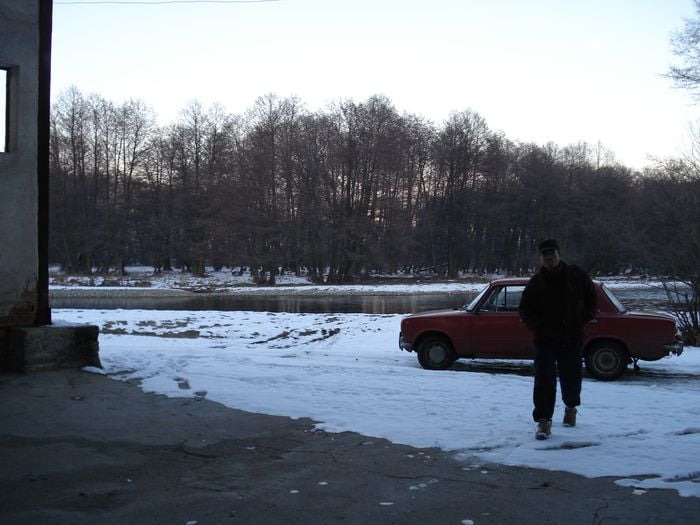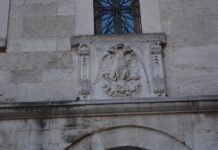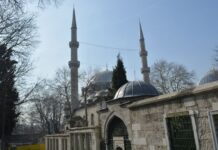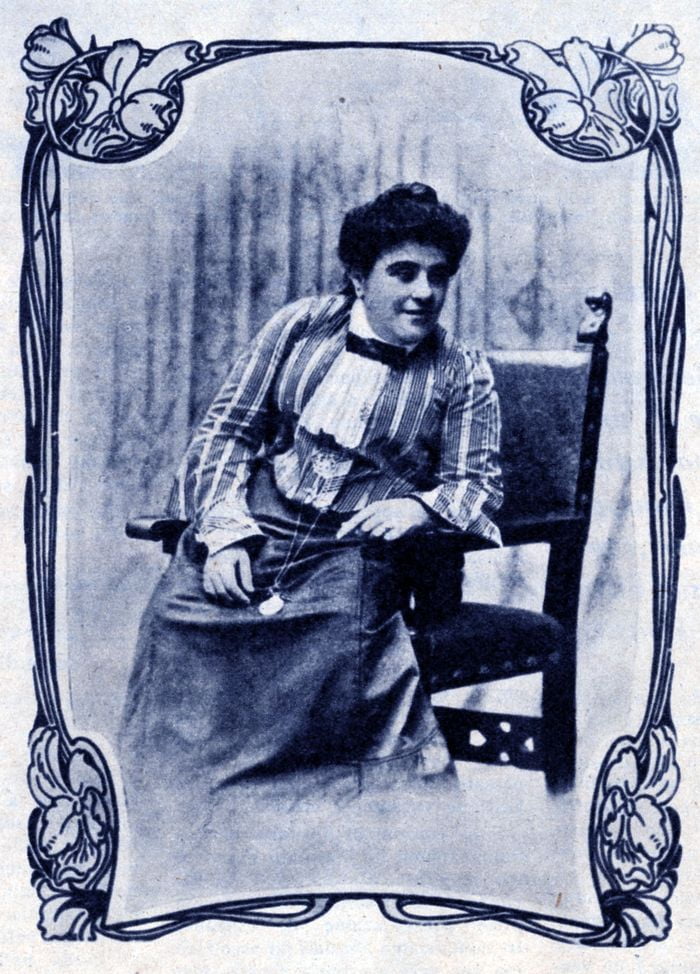One of the main questions concerning the early history of Volga Bulgaria, which is still to be answered by the historians, is why did the state operated as a historically powerful and active subject as late as the 10th century. Some researchers attribute that to the great number of small independent principalities, which existed originally in the region. One of them was the Bulgarian Principality with its centre, the town of Veliki Bolgar; another one was the Suvar Kingdom with its centre of the same name, which was founded by the Savirs.
The coins of the mlers of the two towns, which have been found, support that hypothesis. The antagonism between them determined their weakness and vassal dependence on the Khazars. The assertion of Islam as a state religion in the 10th century was a step towards the overcoming of separation. It was an act similar to the achievement of Knyaz Boris Michail in Danube Bulgaria in the 60s of the 9th century.
National migrations
One theory claims that the strengthening of the state was delayed by the numerous waves of Bulgarian and other national migrations separated by long periods of time. For example, at the beginning of the 10th century, there was an increase of the Alan element in the ethnic structure of Volga Bulgaria. It was probably caused by migrations of Bulgarian-Alans from Upper Don and the Azov Sea.
The historiographic explanation of the “delay” is based on the fact that the Volga Bulgarians “entered history” thanks to the chronicles of Arab and Persian travelers.
Through the language of their narratives, we have discovered Volga Bulgaria as a state, i.e. it appears in the annals as an internationally recognised territorial organisation. The adoption of Islam as a state religion in the 10th century opened finally for Volga Bulgaria the door to History.
Danube (Asparuh) Bulgaria is among the four documented state formations of Kubrat`s sons and his commanders in the west direction, which existed in the second half of the 7th century. It survived through the centuries of the two millennia of the new era and has entered the third millennium with the optimism of its enormous statehood experience. Despite the brief existence, Kuber`s Bulgaria in present Republic of Macedonia, Panonia Bulgaria in the plains along the Tisa River, and Altsek`s Bulgaria in the Italian Peninsula, left their traces, each with different durability and importance, in the tradition of state building in Europe.
Read More about Bulgaria trips








